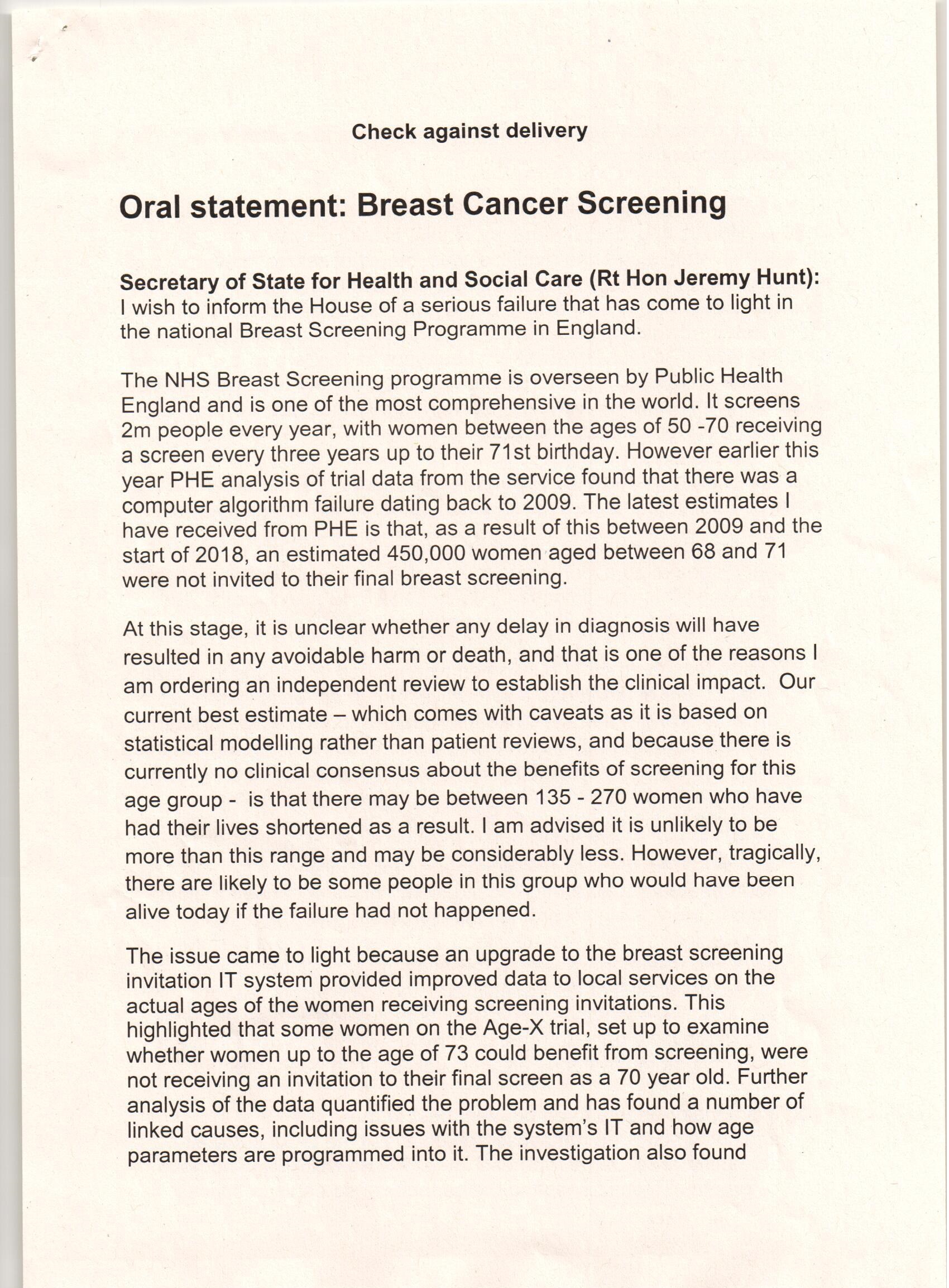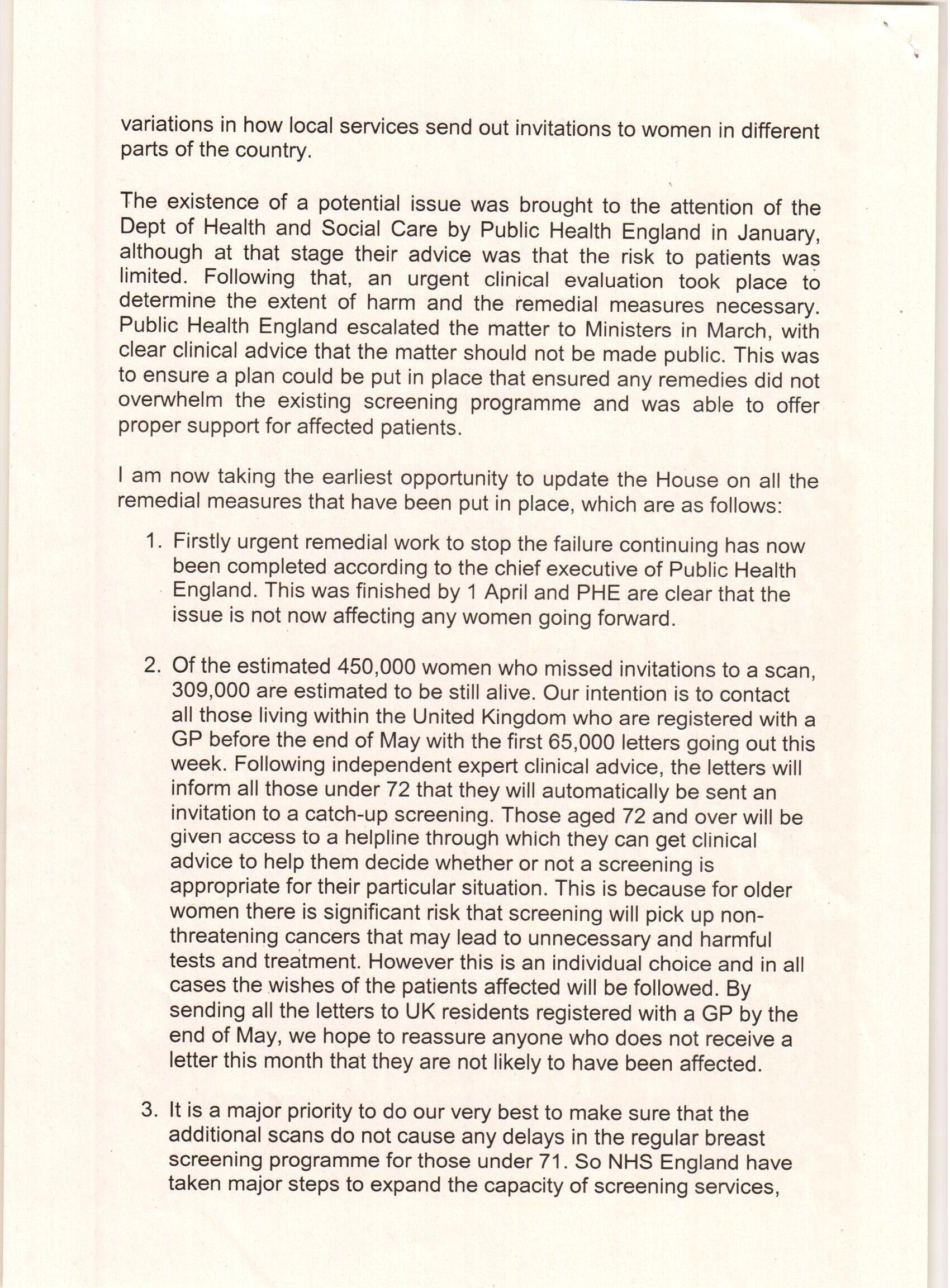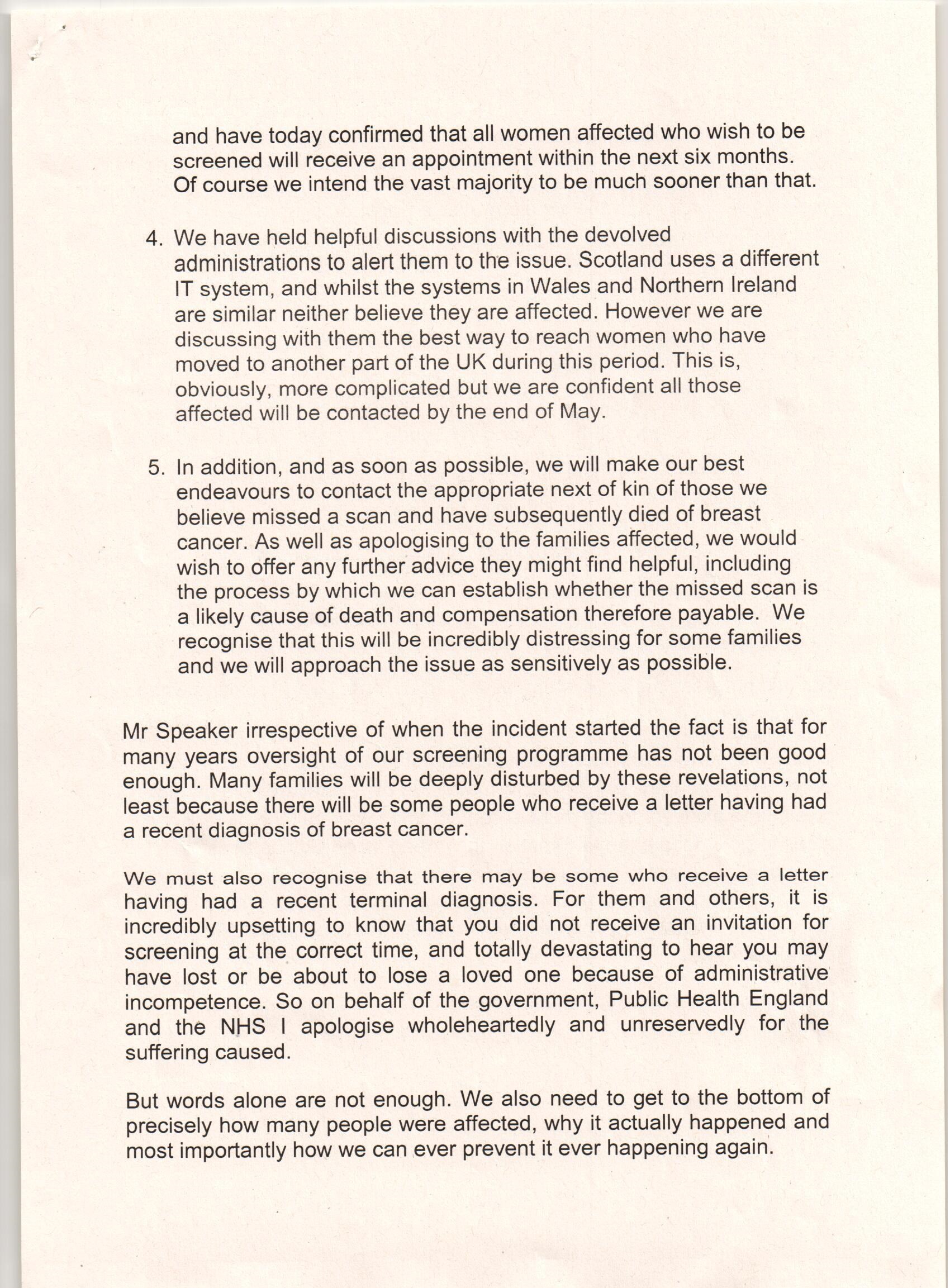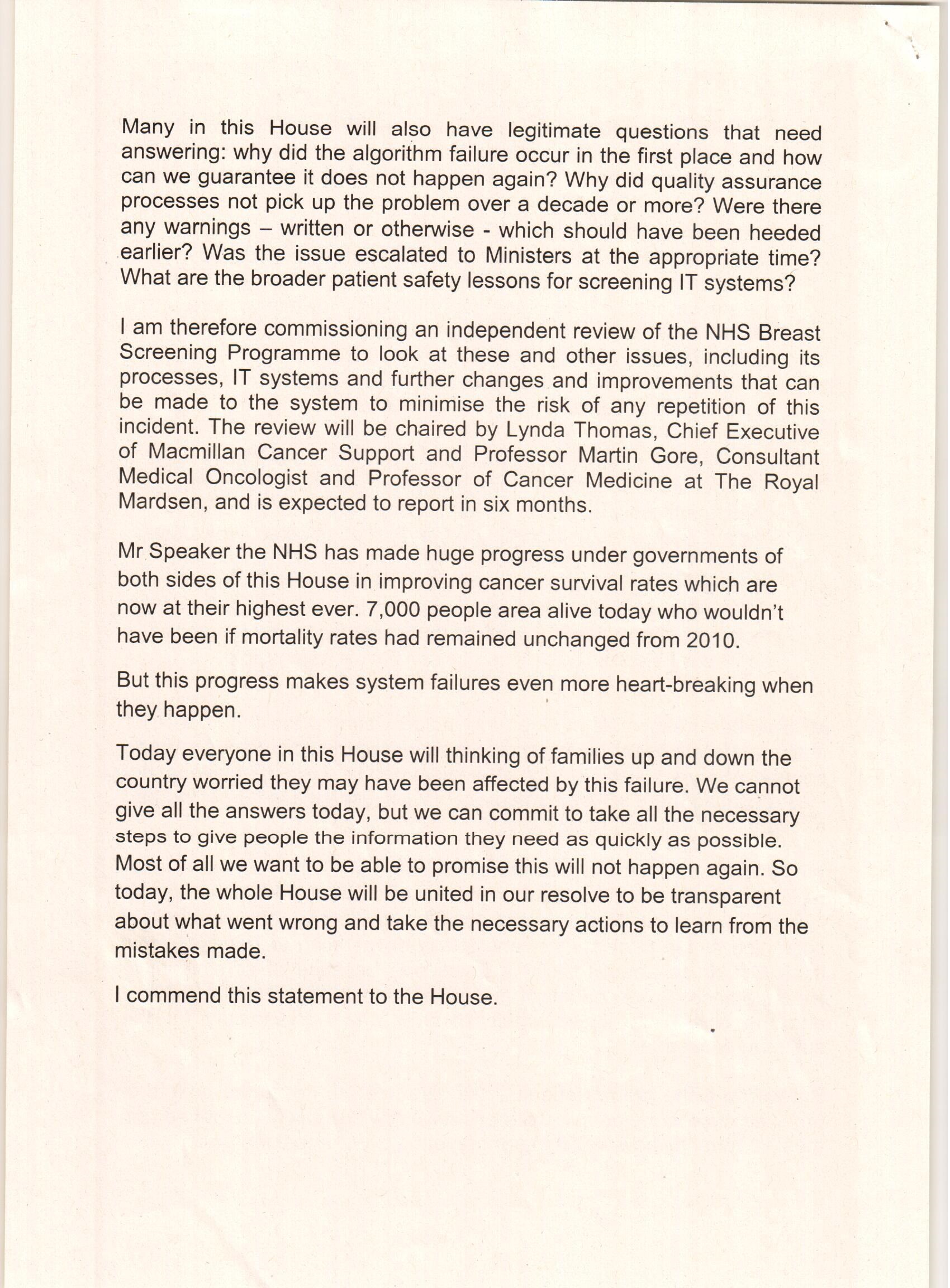The local election results
After all the hype Labour failed to break through in the local elections. It continues to suffer outside London from its ambivalent stance towards Brexit. In London it did get a further small swing and is well in the lead in votes, Councillors and Councils. There its trimming away from its pro Brexit stance in the 2017 election probably helped a little, particularly with the EU nationals who vote in local but not in national elections. Much of the UKIP vote went Conservative.
Overall Conservatives won control of four Councils and lost control of six, whilst Labour lost control of 2 and gained control of 3. Both main parties got 35% of the vote on the national projections , with Lib Dems rising from their 10% at the General election to 16% in the locals.
The message for the government is clear. People want them to get on with it and see Brexit through quickly and cleanly. That means taking back control of our borders, our money, our laws, our fish and our trade policy. There is little sympathy for the Remain led cries from the Lords and even from within government to delay, to recreate much of the EU we are leaving, to seek such a comprehensive partnership that we are left paying them money and accepting their laws. A majority of the public does not believe Project Fear and does not think trade will be damaged if we do not accept the EU’s terms for a deal.
I found on the doorsteps a refreshing interest in local issues and local concerns, with a good conversation about development, the state of the roads, and housing. Here the incumbents of both parties had to fight to persuade people they are doing a good enough job. Very few Councils changed hands, meaning the benefit of the doubt went to most Councils struggling with these difficult matters.



